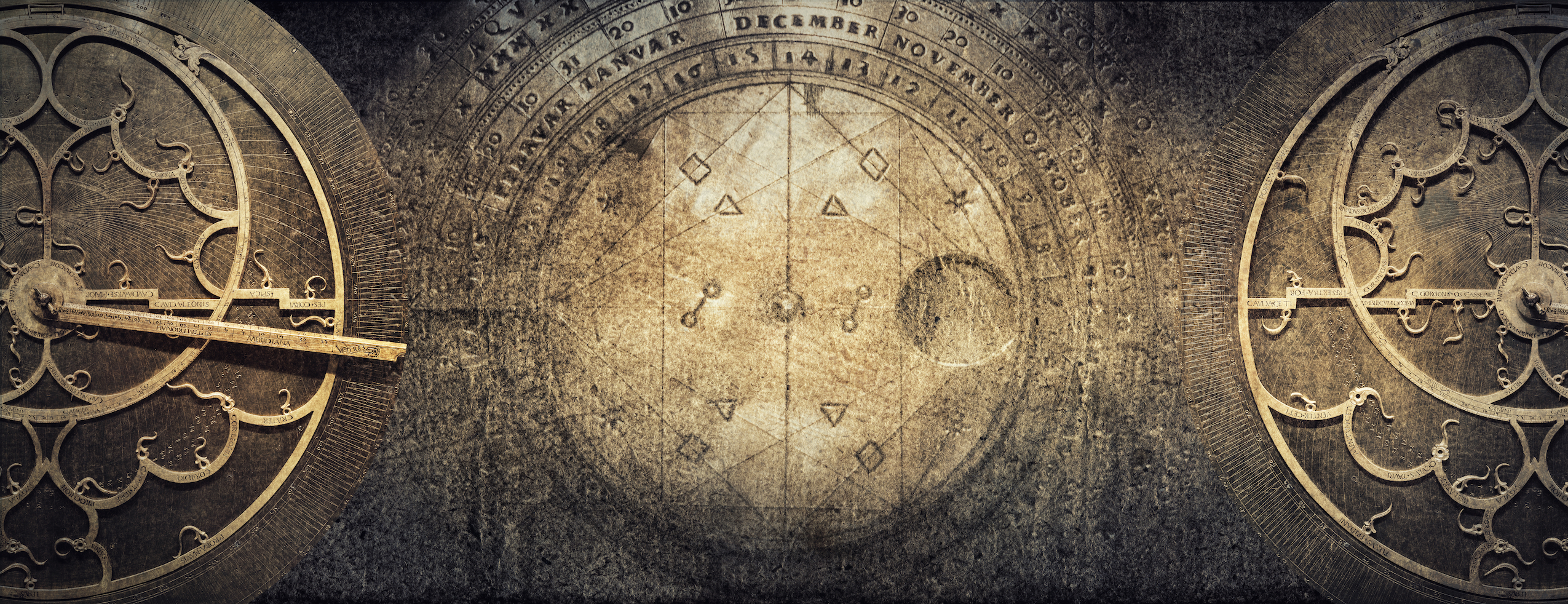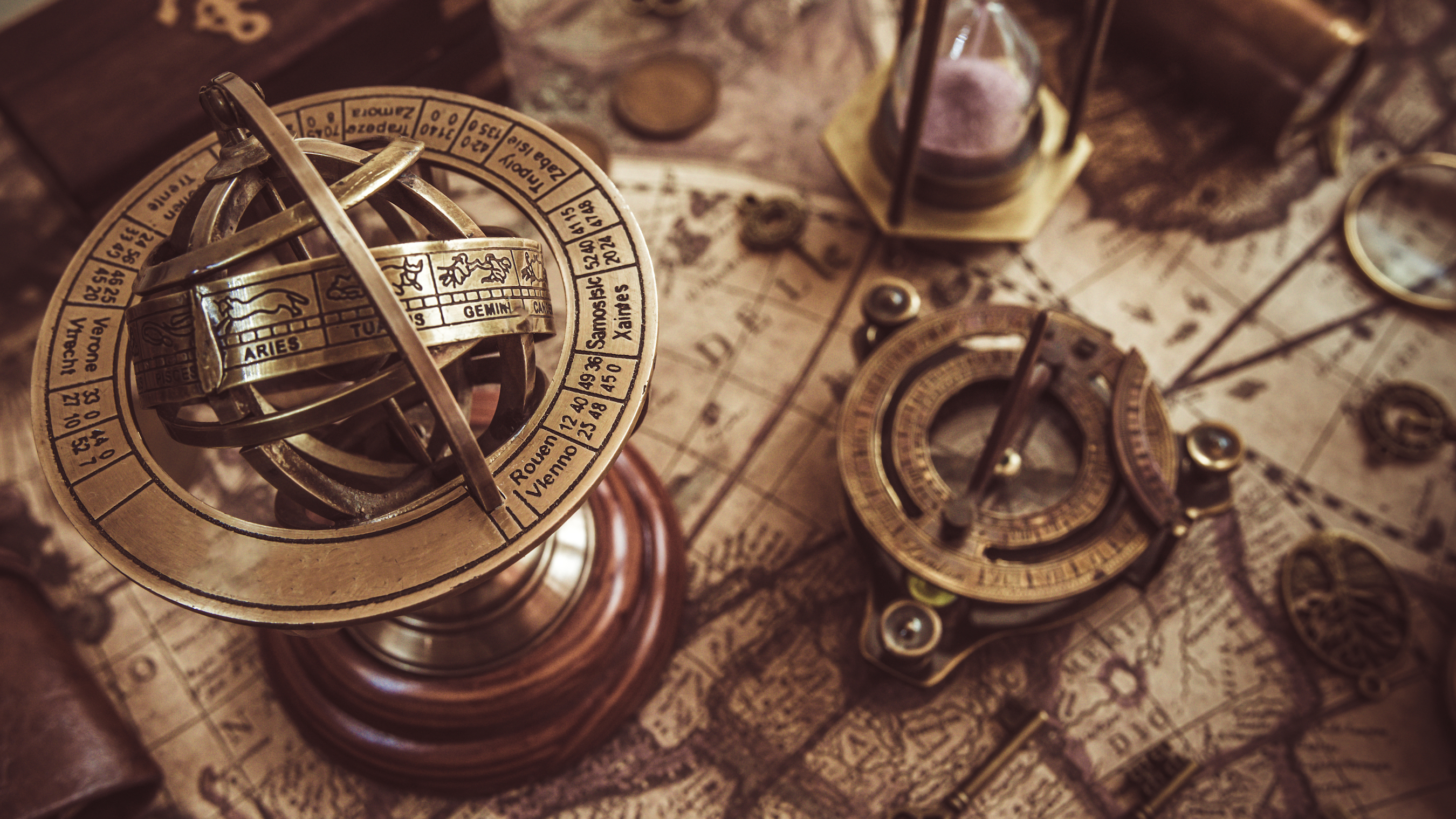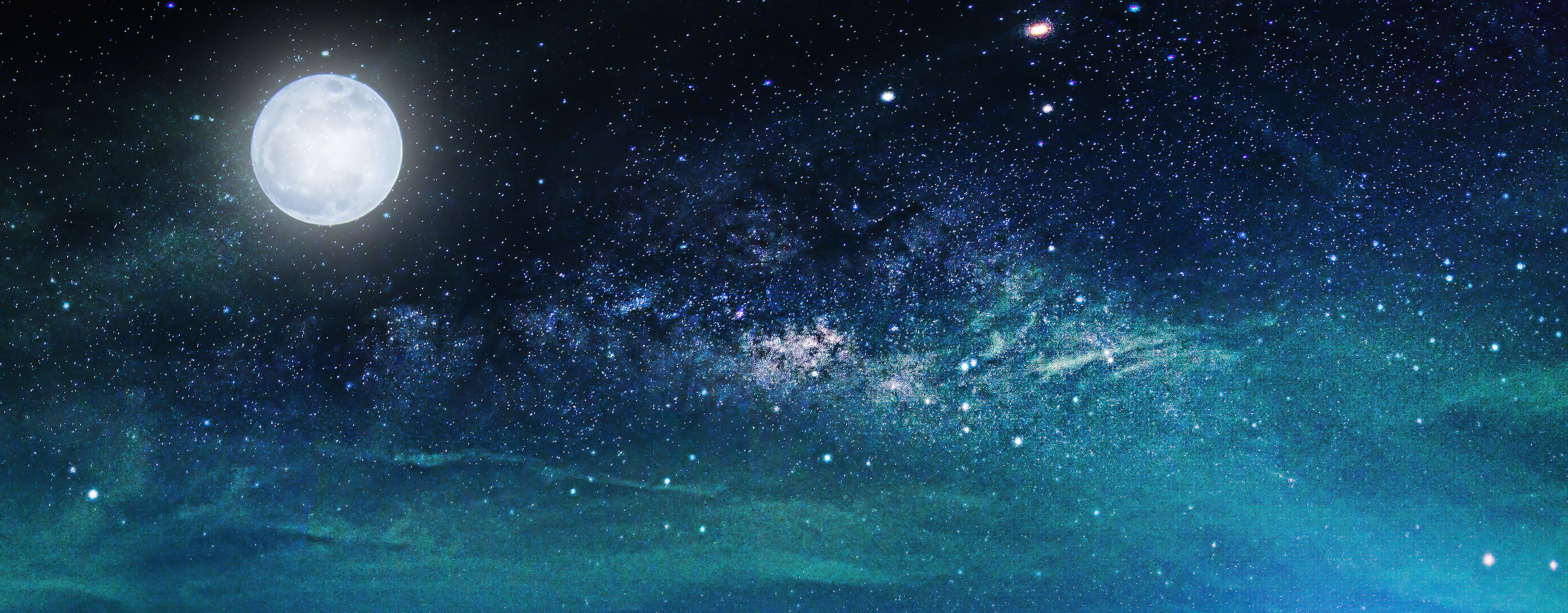Early modern scholars extrapolated them to explain and investigate all sorts of aspects of the fate of nations, which meant going backwards and forwards in history and the lives of individuals. They had many different techniques for doing this, and they practised astrology in all sorts of places: universities, royal courts, marketplaces, private households. It’s something that had an elaborate language and was written about in big books, but it was also something that was talked about on the streets and that was printed in cheap broadsides. Astrology was everywhere. It was pervasive. It was, as I’ve said, a language for explaining the way life in the past had been and for helping to understand how life in the future might be.
Astrology, one of our longest intellectual traditions
Chair in History of Science
- Astrology, a tradition that has endured since the time of Ancient Mesopotamia, was grouped together with astronomy and based on observations in the natural world.
- Both the elite and the masses practised astrology, which was ubiquitous. It was studied in universities, but a university experience was not necessary to become an astrologer; apprenticeship was possible.
- In the early modern period, medicine and astrology were linked, but the latter was connected with controversy.
From the Fertile Crescent until now
Astrology is one of the longest surviving intellectual traditions in history. So, when we get to early modern Europe, it has been around from its development in Ancient Mesopotamia, through its elaboration first by the Greeks and then in the Arab world. It gets transmitted to Europe in the Middle Ages, and then becomes more and more complex in the Renaissance. The basic premise of astrology isn’t something that was complicated. It was the most straightforward thing in the world. The heavens are connected to life on Earth, and as the stars move, so life on Earth changes.
Astronomy and astrology
Astronomy was the word that came to mean both astronomy and astrology. Astronomy is the study of the motions of the stars and planets, and astrology is the study of how they affect life on Earth. This was entirely straightforward, entirely natural as an idea. Most people will know, if they spend any time in the natural world, that plants change with the seasons and some plants even change with the day. Flowers open and close as sunlight strikes them, or they may even turn their heads. Similarly, the moon affects the tides. If you happen to go anywhere near the seaside, you recognise that there are tidal shifts. So, these connections between what happens up in the sky and what happens on Earth are perfectly straightforward.

Photo by Triff.
Becoming an astrologer
If you wanted to become an astrologer, there were two main routes. One was that you might be somebody who had the privilege of studying at university. That would mean you would be studying medicine if you were learning astrology at university, and you would then end up with a position either at a court if you were very fortunate, or working in private practice and advising clients and patients. You might also have a position at the university. Astrology was so varied that it wasn’t necessarily the case that the most elite people, the people who had the privilege of university education, were the ones who became astrologers.

Photo by Aris-Tect Group.
University education not required
It was very difficult to learn astrology from a text, partly because the textbooks that we now have hadn’t been written in the way that we think of – as the DIY to astrology – so you would need a master to teach you; much as if you wanted to become a wood turner, you would be apprenticed to somebody. Some of these masters called themselves astrologers, though they didn’t in fact have huge expertise. They may have had very minimal knowledge of the elaborate rules about how the motions of the stars and planets correlated to life on Earth, and they may have just worked through a very basic set of rules, mostly to do with the phases of the moon or the correlations between parts of the body and star signs. They could nonetheless sell their services through private practice.
Astrology’s relationship to medicine
Astrology and medicine are often talked about together in the early modern period. It’s said that they’re sort of synonymous because there was this inseparable connection between the macrocosm, that’s the celestial bodies, and the microcosm, which is life on Earth.
However, there wasn’t one thing called astrological medicine or medical astrology in that period. If you were an astrologer, you might advise about medical topics, and if you were a doctor, you might use astrology. So, you have the coming together of these two very different traditions. Your everyday astrologer was somebody who could advise through a set of particular computations either about general predictions, wars, famines, plagues or about individual questions. These individual questions could relate to whether somebody wanted to make a good choice about something to do in the future, whether it was to send a ship on a voyage or move house. It could also be something that was helping them to understand what had happened in their past or what might happen in their future. These were all different techniques.
Controversies surrounding astrology
Astrology was always taken for granted. The correspondences between the microcosm and the macrocosm were part of everyday physics through the Middle Ages into the early modern period. It was also always controversial, for two reasons. One was that some of the critics of astrology said, if the stars and planets move according to these regular motions and you astrologers claim to understand these regular motions, and are therefore able to understand what has happened in the past and what will happen in the future, what happens to free will?
Now, free will was absolutely essential to Christian doctrine. In fact, free will is essential to all of the Abrahamic religions. What is original sin? It is choosing to eat the apple. So, if one does not have free will, if one does not endorse the notion of free will, then one is challenging some of the most fundamental tenets of Christianity and the other Abrahamic religions.

Photo by Nuttawut Uttamaharad.
So, the astrologers said, no, it’s not that we say that the stars determine what happens; rather, we say that the stars compel. It’s like a force that might lead you to do something, but you still choose to do it. What the astrologers said they could do was work with somebody to tell them something bad might be about to happen so that they could be prepared and choose the best outcome possible.
The critics of astrology said free will is in danger. The astrologers said it wasn’t. That didn’t lead to the demise of astrology, but it certainly challenged it. The other factor that was debated in relation to astrology, and increasingly through the 1600s, was the actual physics of astrology. Astrology relies on action at a distance – the way the moon affects the tides, the way the sun turns the head of a sunflower. For the astrologers, this action at a distance is much more extreme, much more subtle. There are literally beams from all of the stars and planets affecting everything that we do, everything that happens on Earth. As natural philosophers began to interrogate the workings of nature – how these invisible, occult forces worked – they became the subject of science, and were then understood much better.
Discover more about
astrology
Kassell, L. (2005). Medicine and Magic in Elizabethan London: Simon Forman: Astrologer, Alchemist, and Physician. Oxford University Press.
Kassell, L. (2010). Stars, spirits, signs: towards a history of astrology 1100–1800. Studies in History and Philosophy of Science Part C: Studies in History and Philosophy of Biological and Biomedical Sciences, 41(2).